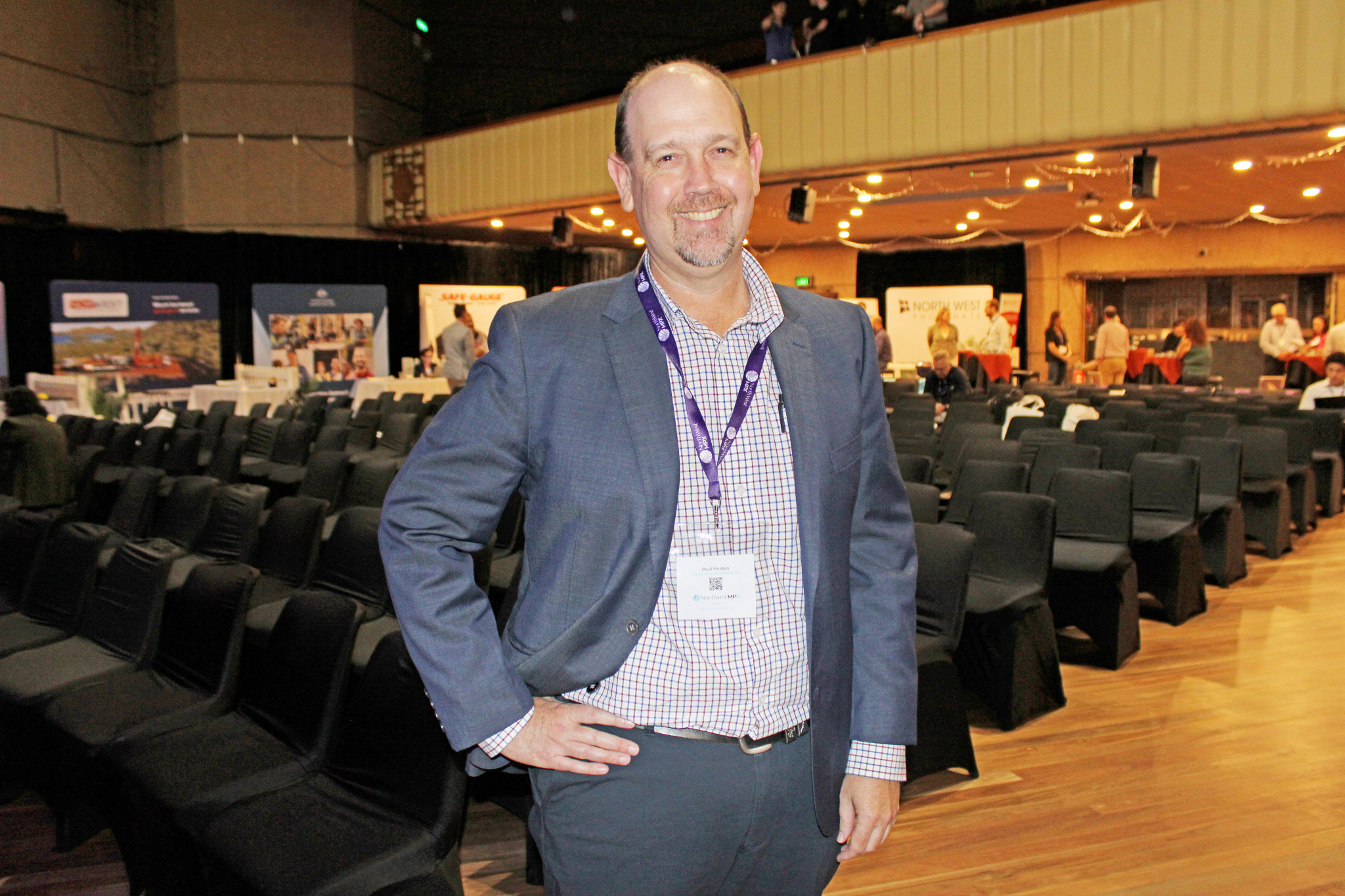Business
14 May, 2025
Mapping strategy could fast-track North West industry
Critical Minerals Queensland has nearly completed its unique mapping initiative.

Critical Minerals Queensland (CMQ) is completing a unique initiative to develop a strategic baseline data set that aims to reduce mining approvals in the North West by up to two years.
The mapping is being undertaken for Julia Creek and Richmond and includes working alongside state and federal environment agencies on habitat mapping and population surveys for the threatened Julia Creek dunnart marsupial.
Speaking at the North West MPX conference, CMQ lead Paul Holden said the onerous task of creating the initial data baseline prior to studying the actual impacts was a major hurdle for any resource business.
The baseline data, which is focused on environmental, social and water resources, examines the existing knowledge of conditions prior to any mining commencing.
Mr Holden said repeated industry feedback had identified the current two-year data collection process to meet the baseline assessment guidelines as requiring urgent government attention.
Mr Holden said CMQ which is the government office tasked with realising the full potential of critical mineral extraction in the state, aims to fast track this baseline stage through the government-funded study focused on Julia Creek and Richmond.
With nine critical mineral projects proposed and more than $600 billion worth of minerals waiting to be extracted in the North West, it is hoped this baseline data can eventually be provided to any new proponents to enable them to seek mining approvals earlier.
Mr Holden told the Mount Isa gathering that the first reports on the social impacts around Julia Creek and Richmond were due next month with a number of state and federal government agencies collaborating to complete the project.
“We are taking quite a novel approach where we are baselining an entire region,” he said.
“The intent is once we have those baselines established, we are effectively going to be able to save 18 months to two years because the proponents won’t have to start the work from scratch.
“There will be baseline work already completed, and any proponents can start their impact assessments straight away.
“It will fast track the paperwork required for new approvals.”
To gather the required data, CMQ has used a number of avenues, including hosting community forums, extracting information from the latest census and co-funding studies with other government agency projects.
Mr Holden said the final document that collated the information would be provided to all regulatory bodies to ensure it would be compliant and relevant to any new project proponent in its early stages.
He said the Julia Creek dunnart studies included habitat mapping and population surveys, as well as examining the potential impacts from terrain altered after mining.